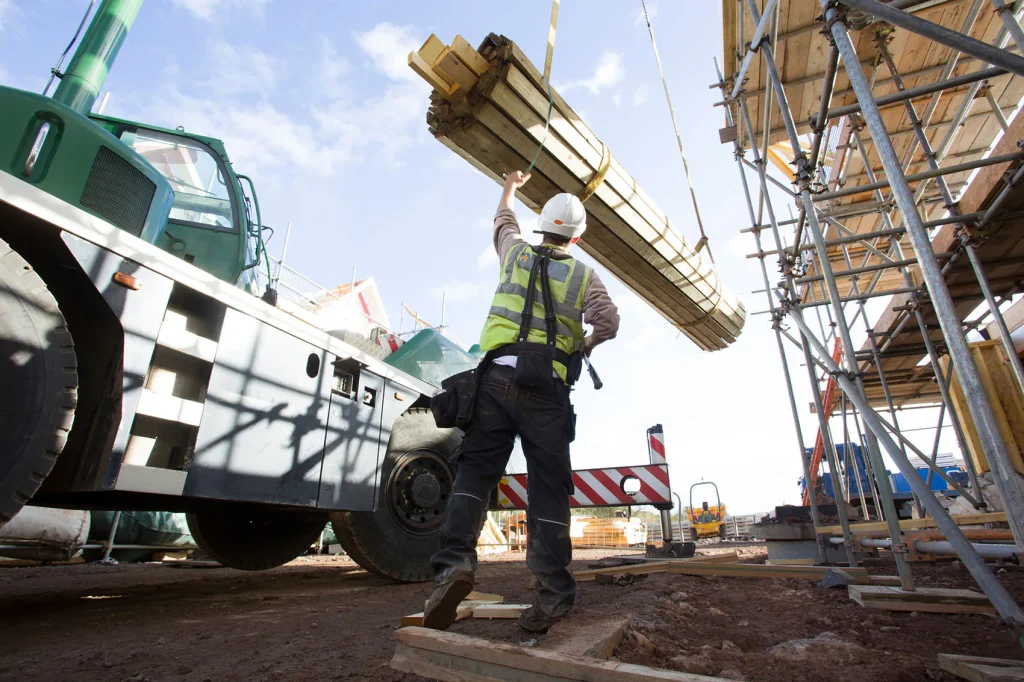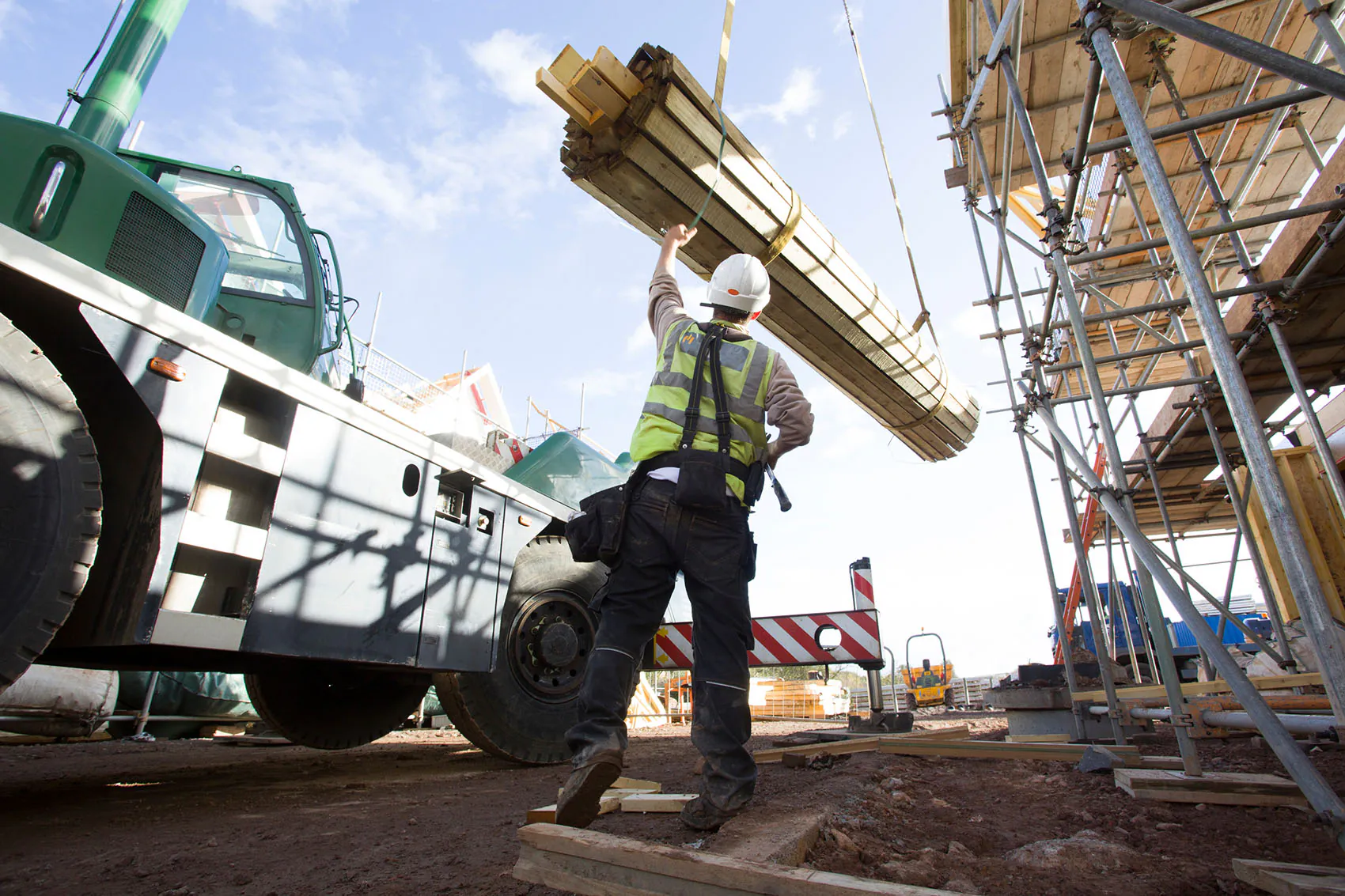When embarking on a commercial construction project, whether it’s building a retail outlet or building a hotel, the role of commercial contractors is crucial to ensure the project is completed on time, within budget, and to the desired specifications. Commercial contractors manage and oversee the construction process from start to finish, taking on a range of responsibilities. Here’s a closer look at what commercial contractors do.

Content
1. Project Planning and Coordination
One of the key responsibilities of commercial contractors is project planning. This includes coordinating with architects, engineers, and clients to understand the project’s vision and ensuring all the technical details align with building codes and regulations. Proper planning ensures that everything from permits to design details is in place before construction begins.
2. Budget and Cost Management
Commercial contractors are responsible for estimating the cost of materials, labor, and other expenses. They work closely with the project owner to set a realistic budget and then oversee the spending to keep the project within financial constraints. They handle negotiations with suppliers and subcontractors to ensure the best prices for materials and services, without compromising quality.
3. Managing Subcontractors and Labor
In most commercial construction projects, contractors work with a team of subcontractors who specialize in specific tasks, such as plumbing, electrical work, or HVAC systems. Commercial contractors coordinate and manage these subcontractors to ensure that work is completed on time and to the highest standards. This also involves overseeing the labor force to ensure everything runs smoothly.
4. Compliance with Building Codes and Safety Standards
Ensuring compliance with local building codes, zoning laws, and safety standards is a critical responsibility of commercial contractors. They must be knowledgeable about regulations to ensure the project meets legal requirements and is safe for future occupants.
5. Quality Control and Inspections
Commercial contractors are responsible for ensuring that all aspects of the construction meet quality standards. This includes scheduling inspections at various stages of the build to ensure compliance and catching any potential issues early on. Quality control helps prevent costly rework and ensures that the finished project is durable and functional.
For those considering a commercial construction project in the Redwood City area, Andrew G Construction is a trusted name in the industry. Whether building a retail outlet or building a hotel, their team of experienced professionals provides exceptional service in overseeing every aspect of the project. To learn more about how Andrew G Construction can help with your next commercial project, visit Andrew G Construction.
Conclusion
In conclusion, the responsibilities of commercial contractors are vast and critical to the success of a construction project. From planning and budgeting to quality control and compliance, they play a key role in delivering high-quality commercial buildings that stand the test of time.

Christine Kelley is a dedicated home blogger who has been blogging for over six years. She covers everything home related. Christine also loves writing posts about her travels to Europe with her husband and two children.







